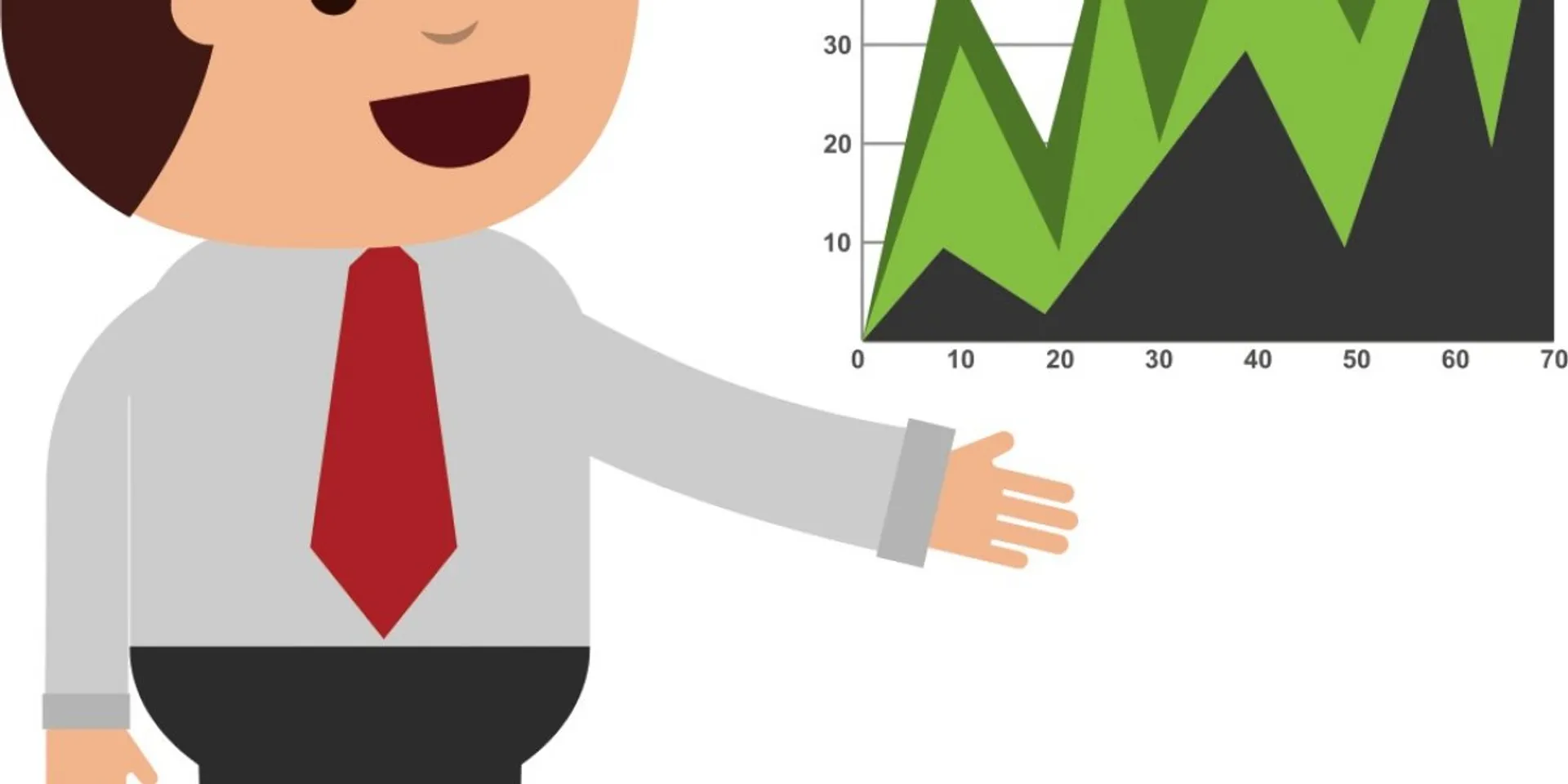What is volatility?

It’s the range and speed of price movements. Analysts look at volatility in a market, an index and specific securities. By looking at volatility you can try to gauge risk.
Key takeaways
Volatility represents the range and speed of price movements in markets, indices, and individual securities, serving as a key indicator for analysts to gauge investment risk levels.
Volatility is measured using standard deviation to track an asset's departure from its average, with highly volatile securities experiencing dramatic value changes in short time periods.
Individual shares exhibit higher volatility than diversified stock-market indices, prompting lower-risk investors to avoid volatile securities due to uncertainty and unpredictability over potential returns.
Investors assess a security's beta to measure its volatility relative to the broader market, which is then used in the Capital Asset Pricing Model to calculate expected returns.
The Chicago Board Options Exchange operates the Volatility Index (VIX) to help investors predict volatility in the S&P 500 Index, particularly during periods of economic turbulence.
Where have you heard about volatility?
The term receives a lot of attention during periods of economic turbulence. That’s when uncertainty among investors can drive stock market volatility, when the prices of shares swing rapidly.
What you need to know about volatility...
A security is said to have a higher level of volatility when its value can change dramatically in a short space of time. Volatility is measured using the tool of 'standard deviation', which measures an asset's departure from the average.
Some assets are more volatile than others, thus individual shares are more volatile than a stock-market index containing many different stocks. So lower-risk investors might choose to avoid more volatile securities because of the uncertainty over the returns.
To get an idea of volatility, investors can assess the beta of a security. This measures how volatile it is compared with the wider market and is used in the Capital Asset Pricing Model (CAPM), which works out the expected return on an asset based on its beta and its expected market returns.
To help investors predict volatility in the S&P 500 Index, the Chicago Board Options Exchange operates a Volatility Index (VIX).